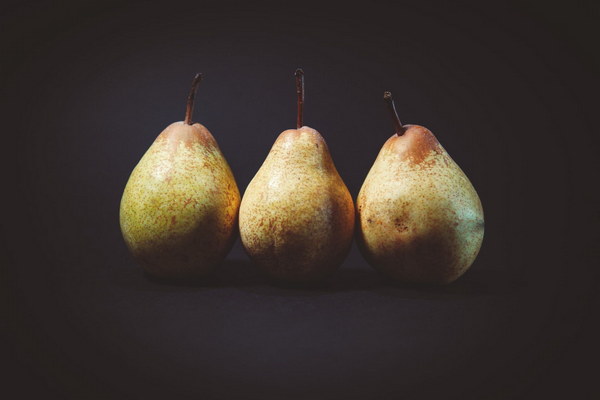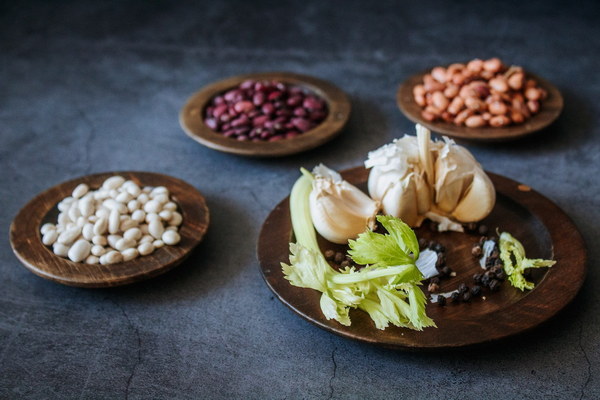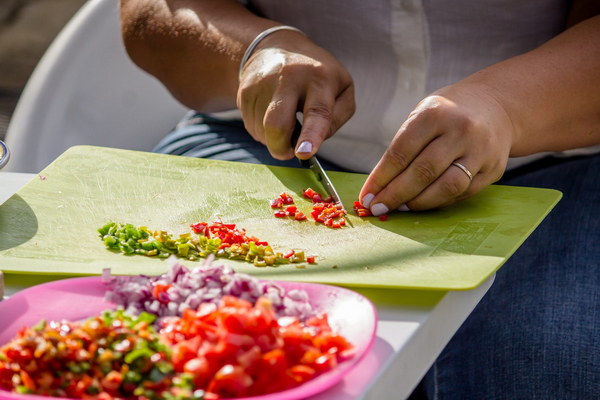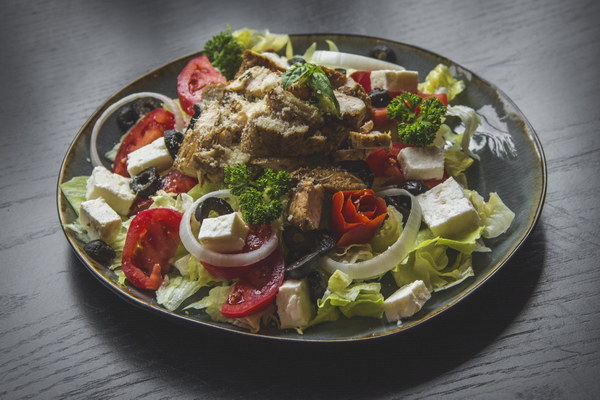Unraveling the Mystery of Dampness Identifying and Banishing Dampness in Traditional Chinese Medicine
In Traditional Chinese Medicine (TCM), dampness is considered a common pathological condition that can lead to a variety of health issues. Dampness refers to an excess of fluid or moisture in the body, which can accumulate in different organs and tissues. This imbalance can manifest through a variety of symptoms and is often linked to living in a humid climate, consuming dampness-producing foods, or having a constitution prone to dampness. This article aims to shed light on the symptoms of dampness in TCM and provide insights into how to alleviate this condition through TCM practices.
Symptoms of Dampness in TCM:
1. Excessive Sweating: People with dampness often experience excessive sweating, especially at night or after eating. This is due to the body's inability to properly regulate its fluid balance.
2. Weight Gain: Accumulation of dampness can lead to weight gain, as it tends to settle in the abdomen, leading to a pot belly appearance.
3. Fatigue: Dampness can cause persistent fatigue, as the body struggles to eliminate excess fluid and maintain normal metabolic functions.
4. Disrupted Sleep: Dampness can lead to disturbed sleep patterns, including difficulty falling asleep, frequent waking, and restless sleep.
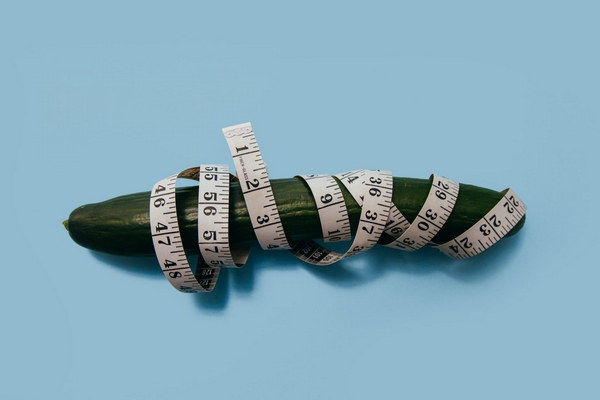
5. Edema: Swelling of the body, particularly in the legs and ankles, can be a sign of dampness, as fluid accumulates in the tissues.
6. Clear, Watery Stool: Experiencing frequent loose stools with a clear, watery consistency can indicate dampness in the body.
7. Poor Appetite: Dampness can affect digestion, leading to a reduced appetite and a feeling of fullness or discomfort after eating.
8. Heavy Head and Body: A sensation of heaviness, particularly in the head and body, is a common symptom of dampness, as the body feels sluggish and difficult to move.
9. Mucus Production: Excessive mucus production, including runny nose, sore throat, and sinus congestion, can be attributed to dampness.
10. Dull, Greasy Skin: Dampness can lead to a greasy or dull complexion, as the body's fluids become trapped and accumulate on the skin's surface.
Alleviating Dampness in TCM:
1. Diet: Avoiding dampness-producing foods, such as cold, raw, and sugary foods, is crucial in TCM. Instead, focus on a diet rich in warm, cooked foods, lean proteins, and fresh vegetables and fruits.
2. Acupuncture: Acupuncture can help balance the body's energy and eliminate dampness by stimulating specific points related to the spleen and kidney meridians.
3. Herbs: TCM herbs, such as Astragalus, Poria, and Atractylodes, can help clear dampness from the body and improve overall health.
4. Exercise: Regular physical activity can help stimulate the body's circulation and eliminate dampness. Activities such as tai chi, qigong, and yoga are particularly beneficial.
5. Lifestyle Adjustments: Managing stress, getting adequate sleep, and avoiding damp environments can help reduce dampness in the body.
6. Cupping: Cupping involves placing cups on the skin to create suction, which can help improve circulation and eliminate dampness.
By recognizing the symptoms of dampness in TCM and incorporating TCM practices into daily life, one can effectively alleviate this condition and promote overall health and well-being. Remember, it is essential to consult with a qualified TCM practitioner to determine the best treatment plan for your specific needs.
